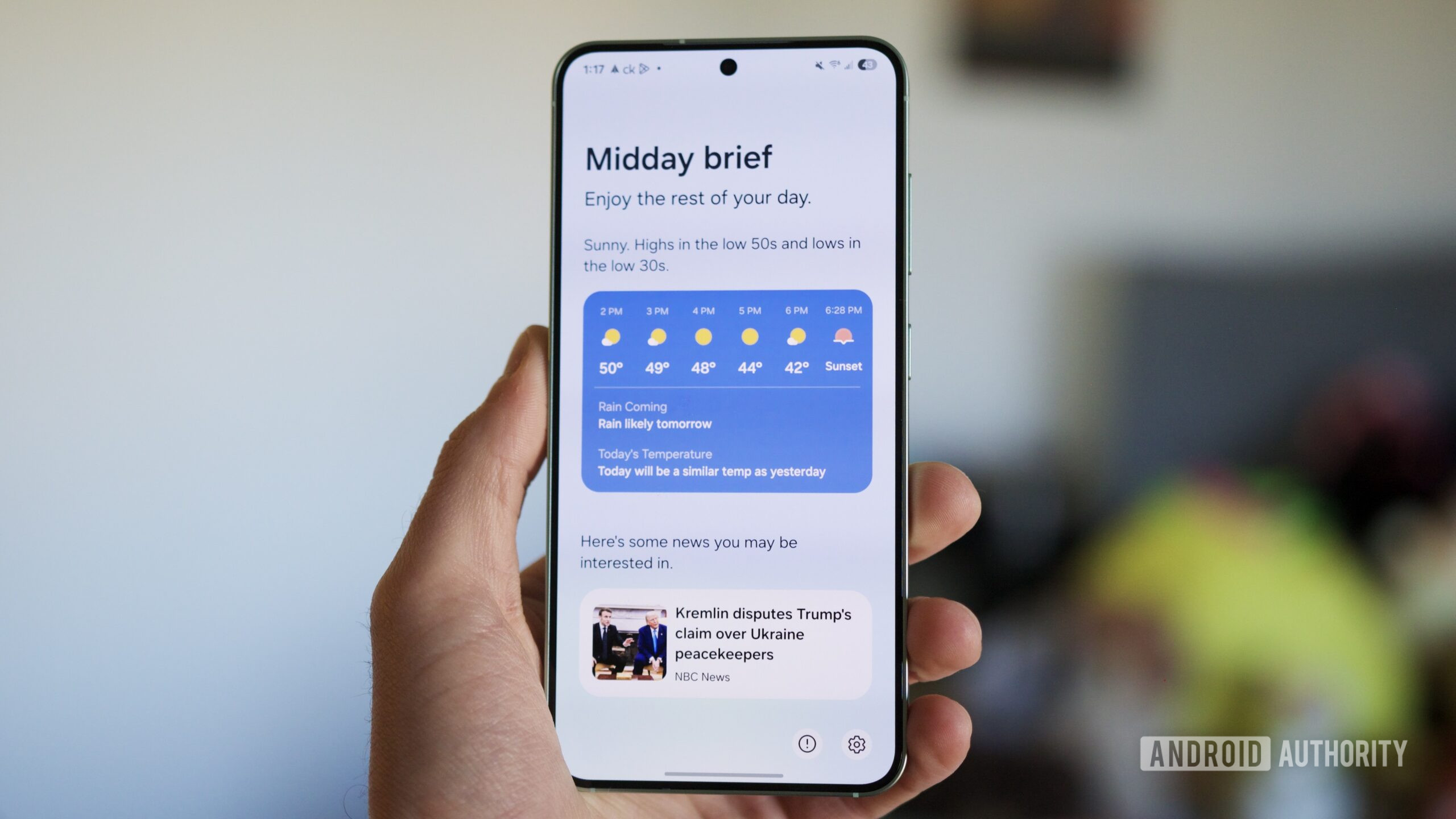Would you rather make the rules or obey them?
I think most people would rather be free to choose when it matters. As Machiavelli painted, there’s a constant tussle between those who govern and those who are governed in society.
Each party has unique dreams and a certain degree of influence to achieve them, and no member wants to lose their privileges.
“The people do not wish to be ruled nor oppressed by the nobles, and the nobles wish to rule and oppress the people.”
The keyword that drives web3 is decentralisation—a social engineering structure designed to redistribute power. The internet proves to be the very fabric of Babel: information technology at a peak never truly reached. It returns to us this power, even bringing insights on governments from their people’s relationship with it.
It is our nature to seek by force and cunning our own space in this world. The internet is the single greatest psychosocial catalyst you may ever see in your lifetime; a mindless potential that’s always expanding to indulge us.
Using the 3-core selling point of the internet, how will we respond to new power?
Let’s find the underscore.
What is the current power balance between owners and users of the internet? Whoever has more options wins.
For an owner, the infrastructure cost of setting up hardware for the internet in an ideal location is nothing compared to the long-term profits. Ideal might be difficult to achieve though.
For a customer, the owner gets their money for closing these selling points:
- Cost
- Coverage
- Speed
Communities and individuals differ, yet the internet is versatile fuel: perfect for running an engine or burning down a city. Your data lives in a virtual world that’s vulnerable to forms of manipulation you haven’t even considered.
Since the experience depends on the user’s lifestyle and needs, different types of internet services exist. It also depends on the government, so some services may not be available in some places.
Internet access should be a fundamental human right by now. But if you live in a country where arming yourself with the internet will get you in trouble, or internet service quality is unsuitable, or you simply have a peculiar relationship with it, you might prefer a decentralised internet service to gain more control over your access or data transmission.
For underserved regions like Africa, internet access has brought immense change to economic & social order, giving citizens the much-needed tools to challenge and improve their government and systems at scale. It has created new industries, destroyed old ones, brought income and employment, kept families well-knit, helped us through a pandemic, and delivers my words to you now.
It has allowed us enough space to build out our imaginations with real-world effect. For many users, the internet is their void to scream into, a public dream to express their identity and their freedom. For others, it’s a tool for influencing the world in record time.
But who is a decentralised internet for? Most people may never be caught in a government net or risk monitoring & censorship.
Social Infrastructure: Networks & Profits
What is the social contract between a governor and one governed?
The governed give up certain freedoms in exchange for others. But what does the governor give up?
When you can’t hold them accountable, they give up nothing. And when the governed are systemically oppressed, they tend to rather hold on to the little stability they [think they] have left than wage a powerless war against their oppressors.
A government is the central body regulating public access to infrastructure and information. The next stage of our evolution as a species keeps nudging us to this vantage point: a world where government is preferential.
GaaS, or Government-as-a-Service (I’m kidding), enforced by critical systems that draw just enough from anarchy to keep functionality. That moment before everything breaks. If you had the power to make the rules, would you allow it to be redistributed?
For us who live in places where the rule of law applies only to the fool in public, governments may only accept a decentralised internet if they expect to profit from it. And if you live in a well-governed society, such systems will ease government responsibilities without challenging their relevance—with the profits intact.
We agree that most everday people may never be in so much trouble with centralised authorities that they lose access to the internet completely. But what if you were one of those odd cases? Maybe a mindless tweet you and others made years ago has enforcers kicking your doors open tonight.
Or what if your government kills peaceful young protesters tomorrow and tries to cover it up?
Decentralised internet systems will end up in the app menus of the next set of people facing oppression or misinformation. Intelligence wars fought with instant updates that spread faster than your neurons can transmit your fear. These systems won’t change the source, but you won’t be helpless if you’re in those situations. Web3 is damage control.
Decentralising your internet can happen at any node between your device and the global connection.
But what is a decentralised internet?
The idea that something is public means someone gave permission to all. This centralised entity can withdraw my privileges.
But if decentralisation is a social engineering structure designed to redistribute power, will we self-organise to keep the system running?
A decentralised internet is a connection with at least one node redistributing influence over your data, internet access & soft power. Each one is priceless, but decentralisation isn’t necessarily the solution to all our organisational problems.
Think of it like a VPN, but your data is handled by a blockchain instead of a company, redistributing control to you.
I bought a blockchain domain 3 years ago. The selling point to me was that I would own it forever, instead of renewing yearly as mere mortals do. To this day I’ve been unable to point it to my web host. Control was redistributed to me. Do I feel in control?
A decentralised internet is realistically one that allows you to pick your custodian based on their systems, not one where we all submit our intelligence to the machine. It also does not guarantee people will take action against centralised forces holding them hostage.
Imagine you had unfettered access to the internet to dream in public. What would change for you? I don’t think it’ll stop a desperate government from trying to abduct you, or end the real-world effects of stupidity or bad decisions. It may even enable crime.
Still, no one will be able to do as they like with your data.
The service might even cost more, have sparse coverage or be too slow for your most cruical tasks pending for today. But if you ever need it in the near future, look to Spacecoin. 🛰
Who a Decentralised Internet is For
If a decentralised internet is a connection with at least one node redistributing influence over your internet assets, we can easily map out nodes of critical intersection, solve and offer the service to a customer.
There are 5 typical nodes between you and the global internet, and we can decentralise how your data moves between each one:
- Your Devices: using dApps (Decentralised Apps), decentralised operating systems, local data organisation
- Local Network: using mesh networks, dApps, self-hosting
- Internet Service Provider (ISP): using Spacecoin 🛰, decentralised VPNs (dVPNs), Tor (Onion Router)
- Backbone Network: using DePINs (Decentralised Physical Infrastructure Networks)
- Destination Server: using decentralised hosting (IPFS, etc), blockchain hosting, decentralised servers
Decentralisation currently tends to need multiple steps to achieve, meaning multiple potential points of failure and responsibility.
Setting up yourself could scare you and most consumers away (like it has with my blockchain domain). But it feels good to know that we have options to redistribute power from any central entity manipulating the web if we needed to, even weakening content algorithms.
Perhaps your place in the world would be to make this simpler for all of us.
A satellite-based connection like Spacecoin decentralises your data on the backbone network, but at their current capacity they might only serve niche markets till they’re ready to serve billions. So who could use a decentralised internet right now?
Using a Decentralised Internet
Consumers
Imagine being connected to the public internet—privately. Elon’s Starlink does the job, but he’s your custodian. Opt for a decentralised internet, and you’re using its powerful potential for anonymity. [Maybe 90% anonymity, since Spacecoin can access your location.]
Outside this niche, any other selling point for a B2C product would have to beat the 3 cores all ISPs compete on.
If Spacecoin achieves this, we can expect to enjoy in addition:
- More cybersecurity. It’ll be nearly impossible to find you from your IP address.
- Less location restrictions. You’ll bypass web censorship in locations facing government control, barred/limited access or infrastructure.
- More difficulty in influencing DeFi (Decentralised Finance). Your government should not own your money or dictate its flow.
But since we don’t have results on the 3-core selling point, let’s move on.
Governments
For now, people who make rules could actually use Spacecoin’s DePIN (Decentralised Physical Infrastructure Network) today.
Web3 technology is for all, even centralised authorities. No matter the level of decentralisation we set out to achieve, such systems remain valuable and can even save us when decentralised systems fail. We can achieve better results by designing them to work together [in ways the government cannot escape].
While still under development, Spacecoin’s current infrastructure can organise large sets of highly sensitive data in B2G (Business-to-Government) applications like Election Polls (Smart Contracts), Remote Military Operations, Cybersecurity for Data Transfer & Storage and Identity, Verification (Toll Gates, etc), Authentication & Anonymity systems.
Sometimes, the best way to sell something is with a demonstration. Since the company is expected to run trials in Nigeria this year with its LEO (Low Earth Orbit) satellites on the 5G network (in space), the team doesn’t have to cast a wide net into society and hope something sticks.
Including a B2G pitch might fund the next stage of the company, as they typically have more clarity on their problems. Show them what your blockchain can do for them, even better if it’s profitable.
Businesses
Global dreams begin with local risks. Another niche market for Spacecoin’s infrastructure currently would be people who make rules possible: Businesses.
B2B applications like Reliable Comms/Signalling Systems, Remote Teams, Streamlined Supply Chain Management (Smart Contracts), Cybersecurity for Data Transfer & Storage and Globally-Accessible Crowdfunding can find users quickly if you can offer the convenience and reliability.
Since most organisations have room for customisation, it can easily become part of their tech stacks.
It might take a while to grow Spacecoin’s DePIN technology to meet the needs of today’s users.
However, at its current capacity, operations that benefit from the unique selling points of a decentralised internet could be exactly what the world needs to redistribute power to our huge population in due time.
Most technology becomes mainstream after the powerful use it. If it works, will you wield your freedom too?

















